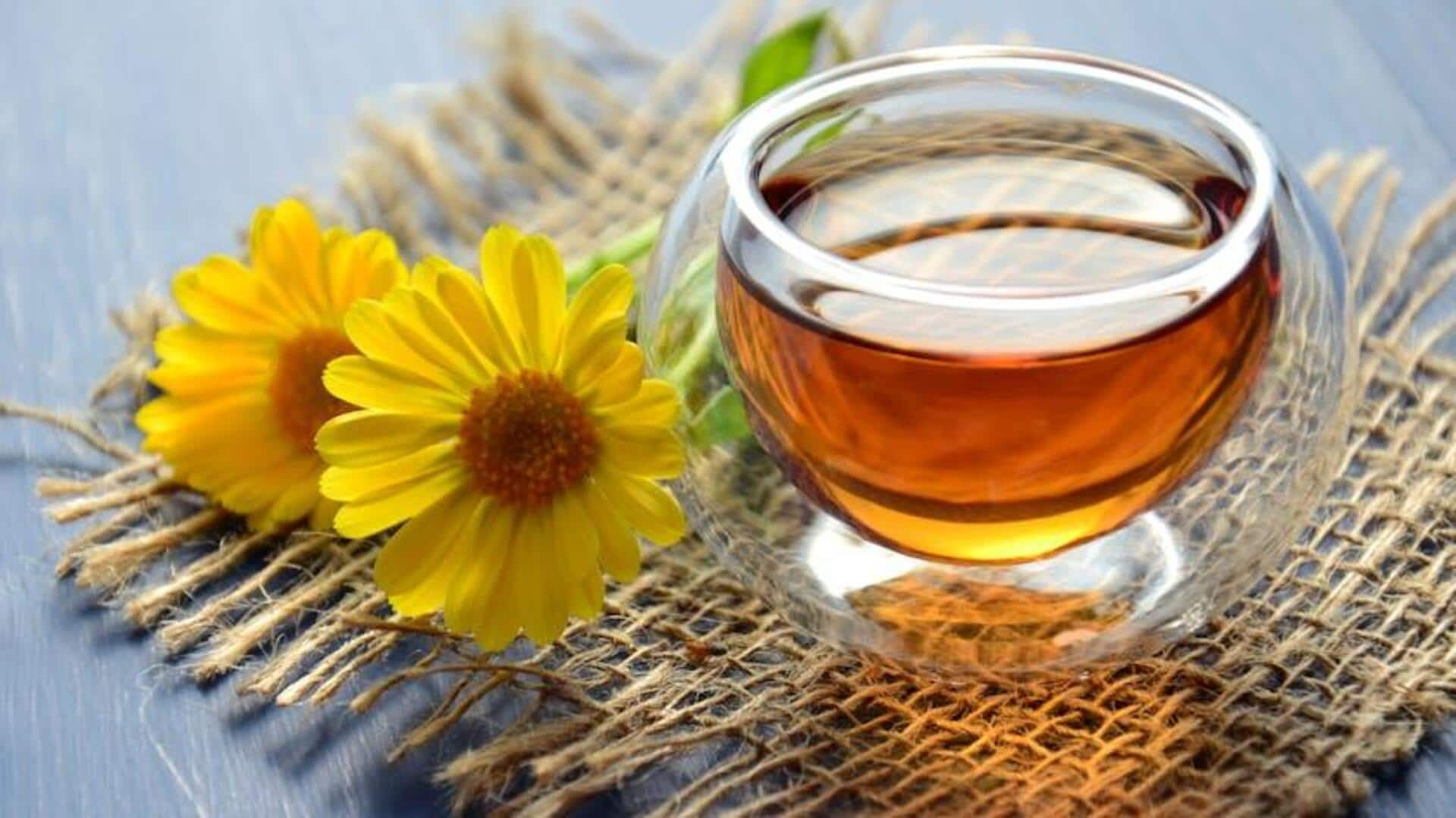
Herbal teas and digestion: Myth v/s facts
What's the story
Herbal teas have long been associated with numerous health benefits, including that of aiding digestion. However, not every claim made about their effectiveness is scientifically backed. This article will explore common myths surrounding herbal teas and their role in digestion. By busting these misconceptions, we hope to give you a clearer picture of what herbal teas can and cannot do for your digestive health.
#1
Myth: All herbal teas aid digestion
Not all herbal teas are the same when it comes to helping with digestion. While some herbs such as peppermint and ginger are known for their digesting properties, others may not be that effective. It is important to note that each herb contains different compounds which react differently with the body. As such, assuming any herbal tea will do the needful is misleading.
#2
Myth: Herbal teas work instantly
One of the most common misconceptions is that drinking herbal tea will give you immediate relief from digestive issues. In reality, the effects of herbal teas can vary according to individual metabolism and the particular herb used. Some may find quick relief, while others may need to consume the tea consistently over time to witness any benefits.
#3
Myth: More tea equals better results
Drinking excessive amounts of herbal tea doesn't necessarily enhance its digestive benefits. In fact, large quantities could lead to unwanted side effects or even interactions with certain medications. It's crucial to practice moderation when incorporating herbal teas into your daily routine for digestive support. Understanding the limits and benefits of these teas can help maintain a healthy balance without risking potential negative impacts on your health.
#4
Myth: Herbal teas replace medical treatment
It's a common misconception that herbal teas alone can treat serious digestive conditions, which could potentially delay seeking necessary medical intervention. Herbal teas may support a healthy lifestyle, but they are not substitutes for professional medical advice or the treatment plans prescribed by healthcare providers. They should be viewed as complementary to, rather than replacements for, conventional medical treatments.